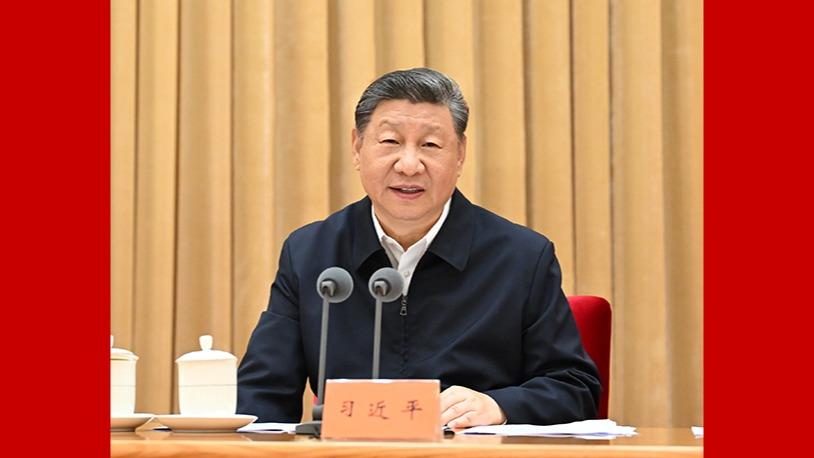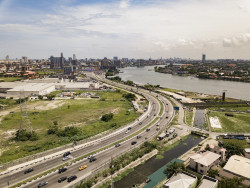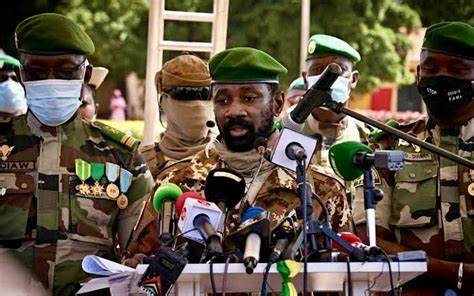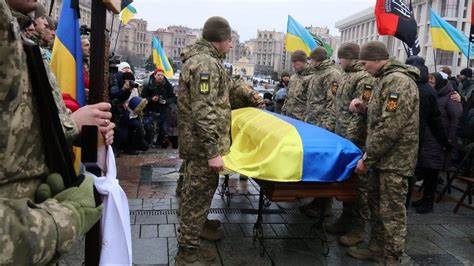The Central Urban Work Conference was held in Beijing from July 14 to 15. Xi Jinping, general secretary of the Communist Party of China (CPC) Central Committee, Chinese president and chairman of the Central Military Commission, attended the conference and delivered an important speech. Members of the Standing Committee of the Political Bureau of the CPC Central Committee, including Li Qiang, Zhao Leji, Wang Huning, Cai Qi, Ding Xuexiang and Li Xi, attended the conference.
In his speech, Xi summarized the achievements China has made in its urban development since the new era, analyzed the current situation of urban work, and outlined the general requirements, key principles, and major tasks for advancing urban work. Li Qiang delivered a concluding speech, specifying arrangements for implementing the guiding principles of Xi’s important speech and for further improving urban work.
It was noted at the conference that since the 18th CPC National Congress, the Party Central Committee has gained a profound understanding of urban development under new circumstances. Upholding the Party’s overall leadership over urban work, adhering to the principle of cities built by the people and for the people, and making systematic urban planning, China has achieved historic progress in urban development. Significant improvements have been made in new urbanization, urban development capacity, planning and governance, working and living conditions, preservation of historical and cultural heritage, and the eco-environment.
It was emphasized at the meeting that the overall requirements for urban development at present and in the years to come are as follows: Guided by Xi Jinping Thought on Socialism with Chinese Characteristics for a New Era, efforts should be made to fully implement the guiding principles of the 20th CPC National Congress and the second and third plenary sessions of the 20th CPC Central Committee. The important expositions of General Secretary Xi Jinping on urban development must be thoroughly implemented, with a continued focus on strengthening the Party’s overall leadership and faithfully practicing the vision of developing people-centered cities. The general principle of pursuing progress while maintaining stability must be upheld, and a policy of tailored approaches and differentiated guidance must be followed, with the aim to build modern, people-centered cities that are innovative, livable, beautiful, resilient, culturally vibrant, and smart. Efforts should center on promoting high-quality urban development, with a focus on quality-oriented growth. Urban renewal should be an important lever for optimizing urban structures, transforming growth drivers, improving quality, advancing green development, preserving cultural heritage, and enhancing governance efficiency. The red line of urban safety should never be crossed. With all these, a new path will be blazed for urban modernization with Chinese characteristics.
It was pointed out at the meeting that China’s urbanization is shifting from a phase of rapid expansion to that of stable development. Urban growth is transitioning from large-scale incremental expansion to a stage focused on improving the quality and efficiency of existing capacity. It is imperative to accurately grasp and actively adapt to these changes in doing urban work. This requires the shifting of the urban development philosophy to place more emphasis on the well-being of the people. Development modes should be changed to prioritize intensive and efficient growth. Growth drivers should be transformed to highlight distinctive features. The focus of urban work should be shifted to increase input in governance. And work methods should be adjusted to strengthen overall coordination.
Key tasks for urban development across seven aspects were outlined at the meeting.
First, efforts will be focused on optimizing the modern urban system. This involves enhancing cities’ comprehensive capacity to support population growth and social and economic development, fostering networked modern city clusters and metropolitan areas, advancing urbanization centered on county seats in a categorized approach, continuing to grant permanent urban residency to eligible rural residents who have moved to urban areas, promoting the coordinated development of cities of different sizes and small towns, and promoting the integrated development of urban and rural areas.
Second, emphasis will be placed on building vibrant cities powered by innovation. This includes cultivating a robust innovation ecosystem to achieve breakthroughs in developing new quality productive forces, leveraging reform and opening up to boost urban dynamism, carrying out high-quality urban renewal projects, and fully leveraging cities’ pivotal role in the interplay between domestic and international economic flows.
Third, work will be done to develop comfortable, convenient and livable cities. This entails integrated planning of population, industries, urban areas and transportation to optimize urban spatial structures, speeding up the establishment of a new model for real estate development while steadily renovating urban villages and dilapidated housing, vigorously expanding consumer services, improving public services, and firmly safeguarding basic living standards.
Fourth, focus will be directed toward building green, low-carbon and beautiful cities. This involves consolidating the gains in ecological and environmental governance, adopting more effective measures to address urban air pollution, drinking water source protection and new pollutant control, pursuing synergy of reducing pollution and carbon emissions while expanding plant coverage, and enhancing urban biodiversity.
Fifth, measures will be taken to enhance urban safety and resilience. This will be achieved by advancing the “lifeline” safety engineering program for urban infrastructure, with accelerated efforts to renovate and upgrade aging pipelines. Strict controls will be imposed on the construction of super high-rise buildings while efforts will be made to ensure comprehensive improvements in housing safety standards. Cities will enhance their capacity for natural disaster prevention through integrated flood control systems and waterlogging management. Meanwhile, public security will be strengthened through holistic measures to effectively safeguard urban safety.
Sixth, efforts will be made to build culturally-vibrant cities characterized by high ethical and moral standards. This calls for improved systems for preserving historical and cultural heritage alongside refined urban landscape governance. It also requires protecting cities’ unique historical legacies, cultural geography, and natural landscapes. Concurrent efforts will be made to strengthen urban cultural soft power and foster higher standards of civic conduct.
Seventh, efforts will be focused on building smart cities for greater efficiency and convenience. With Party building and law-based governance as cornerstones, innovations in governance concepts, models and methods will be pursued. Efforts will be made to make full use of citizen hotlines and other mechanisms to efficiently address the public’s urgent needs and concerns.
It was stressed at the meeting that to build modern people-centered cities, the Party’s overall leadership must be strengthened in urban work. It is essential to further improve the leadership system and working mechanism, enhance policy coordination across urban initiatives, and strengthen the implementation of policies in all sectors. It is imperative to have a correct understanding of what it means to perform well, set up a scientific urban development evaluation system, improve the competence and capabilities of teams for urban work, and motivate Party members and officials to undertake endeavors and take the lead in shouldering responsibilities. The principle of seeking truth from facts and pragmatism must be upheld, while pointless formalities and bureaucracy must be resolutely opposed.
It was noted at the meeting that General Secretary Xi’s important speech provides scientific answers to major theoretical and practical questions regarding urban development — such as whom it serves, on whom it relies, what kind of cities to build, and how to build them — offering fundamental guidance for urban work on the new journey in the new era. The speech must be conscientiously studied and thoroughly implemented, according to the meeting. It is imperative to have a thorough understanding of the historical position of China’s urban development, and do a good job in urban work with a broader vision. It is essential to grasp the goal of building modern people-centered cities, and consciously practice the people-centered development philosophy. It is important to have a correct understanding of the strategic orientation of quality-oriented urban development, thereby improving its overall quality in a targeted manner. It is essential to grasp the intrinsic requirements for greater dynamism and vitality in urban development, so as to further boost reform and innovation. It is significant to have a thorough understanding of the systemic and complex nature of urban work, so as to enhance the capability of implementing tasks and arrangements in this regard.
The meeting was attended by members of the Political Bureau of the CPC Central Committee, members of the Secretariat of the CPC Central Committee, leading officials of the Standing Committee of the National People’s Congress, state councilors, president of the Supreme People’s Court, prosecutor-general of the Supreme People’s Procuratorate, and leading officials of the National Committee of the Chinese People’s Political Consultative Conference.
Also present were leading Party and government officials as well as those in charge of urban work of provinces, autonomous regions, municipalities, and the Xinjiang Production and Construction Corps; leading officials of Party committees of cities specifically designated in the state plan, provincial capitals, and relevant prefecture-level cities; as well as leading officials from relevant central Party and state departments, relevant people’s organizations, some financial institutions, enterprises and universities under the direct auspices of the central government, and relevant departments of the Central Military Commission. Enditem
Source: Xinhua
Share Us



